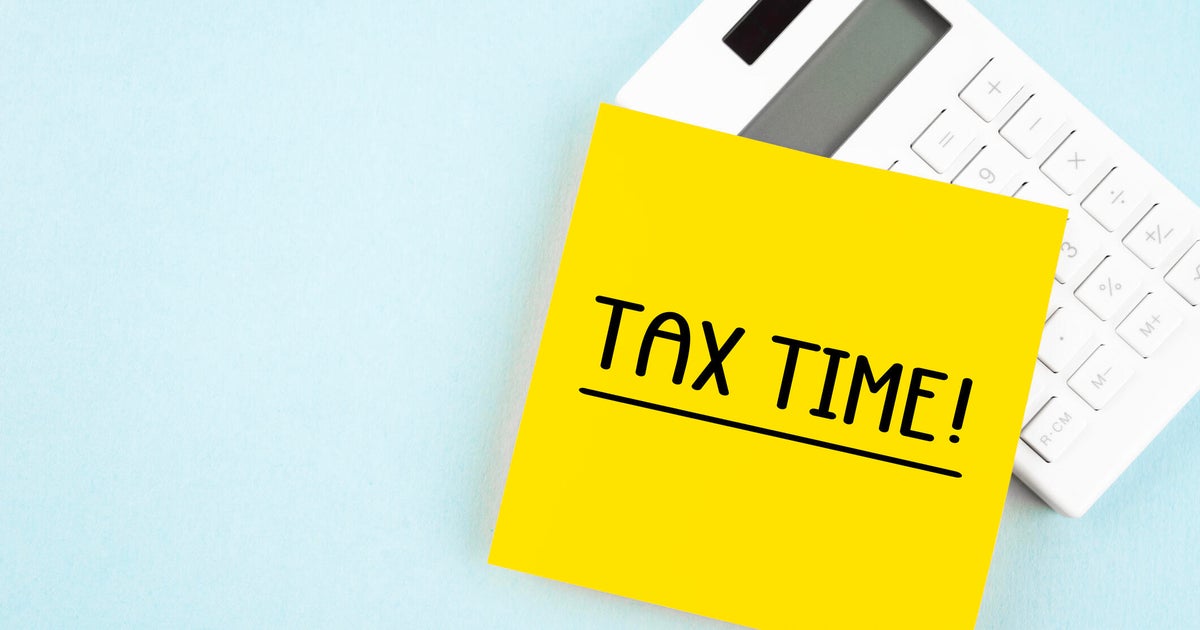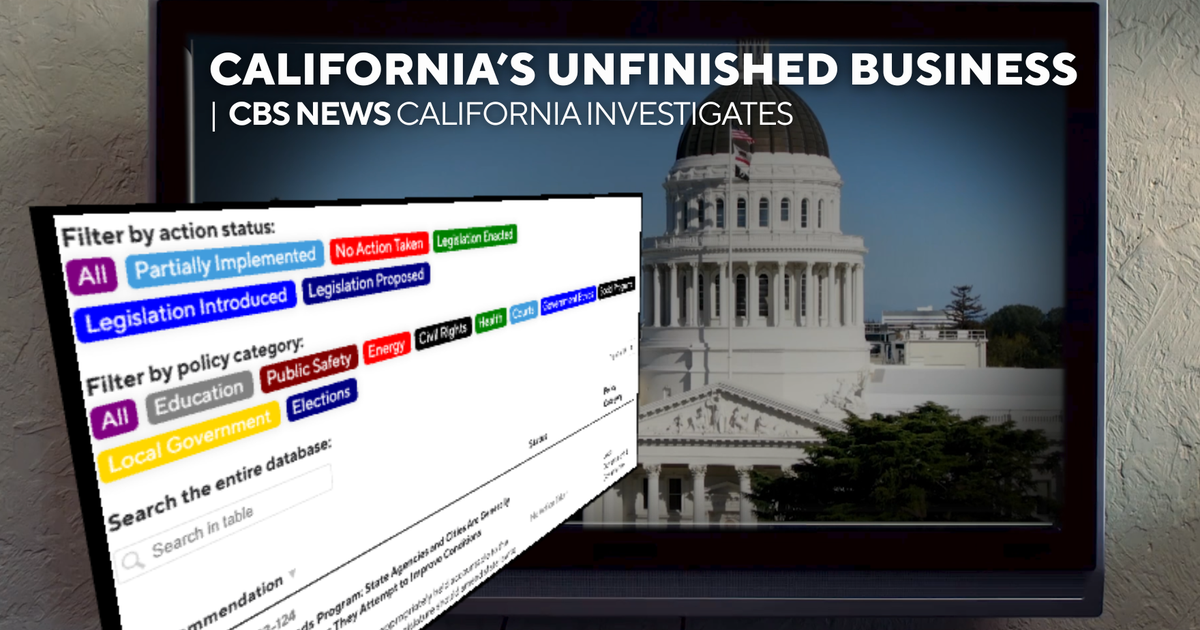Protecting your credit files is now free
Last year, credit bureau Equifax (EFX) announced an epic breach of the personal information on as many as 143 million Americans. Now, thanks to a new law, consumers will be able to do more to protect their personal data.
On May 24, President Donald Trump signed the Economic Growth, Regulatory Relief and Consumer Protection Act, a law whose highest-profile impact was loosening restrictions on banks that were implemented after the financial crisis nearly a decade ago.
But it also included several improvements to important consumer information protections. Specifically, the law allows individuals to place a freeze on their credit files for free. This change should take effect in September. Previously, consumers had pay a fee each time they requested to activate, deactivate or "thaw" a credit file freeze.
Fees can vary by state and typically range from $5 to $10. These fees can add up because each of the three credit bureaus -- Experian, TransUnion (TRU) and Equifax -- charge them, and you must activate a freeze at each bureau separately. These fees are typically waived when you're a victim of ID theft.
Another benefit is that the new law permits parents or guardians to place a freeze on the credit files of their children who are under 16. If a child doesn't have a credit file yet, the law requires the credit bureaus to create one and then freeze it.
If you're concerned about protecting your children's information, placing a credit freeze on their credit files is the best way to do that. Remember, though, you'll need to remove the freeze before the time when they need access to credit, such as when they prepare to go to college.
Most experts say a credit freeze is essential to protect against ID theft because it prevents anyone from getting access to your credit files and protects them from being used to fraudulently open a new account in your name.
The downside is that it can be cumbersome. In addition to having to activate a freeze at each of the credit bureaus, before you to apply for new credit, you'll have to "thaw," or remove, the freeze at each bureau.
The new law also improves the process for using fraud alerts. This is a level of protection below a freeze and is less cumbersome. When you activate a fraud alert on your credit file, the bureau must verify your identity and get your authorization before releasing your info for a credit check. Currently, fraud alerts expire after 90 days, requiring you to keep renewing them. But the new law now requires fraud alerts to remain in place for a year.
Still, don't get lulled into a false sense of security that a credit freeze or fraud alert makes you impervious to ID theft. These protections do little to prevent the fraudulent use of personal info that has already been stolen. Also, you're not protected from other forms of ID fraud, such as the filing of fraudulent tax returns using your Social Security number.
This is why you should regularly review all activity on your credit card, bank and financial accounts, and dispute or report unauthorized activity as soon as you see it.
Also, never log into your financial accounts or enter any personal or credit card information on websites while connected to a wireless hot spot that's not secure. Using a public hot spot that doesn't require any authentication exposes your computer to the risk of being hacked into by thieves.
Early detection and immediate action is the only way to limit the damage done when your personal information is fraudulently accessed.



